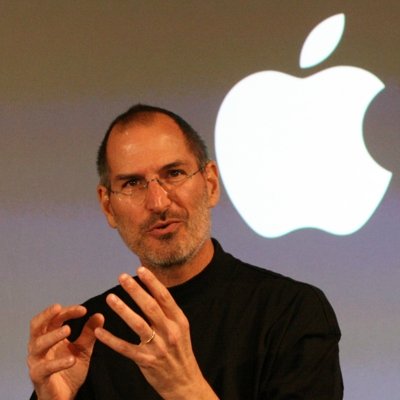
Dr. Ramzi Amri, a researcher at Harvard Medical School, claims that Steve Jobs would probably be alive today if he had not put off conventional medical treatment in favor of alternative remedies.
According to Dr. Ramzi Amri, Steve Jobs had a mild form of pancreatic cancer that is rarely fatal and that his choice of treatment “eventually led to an unnecessarily early death”.
Dr. Ramzi Amri wrote on Quora, a forum frequented by Silicon Valley executives:
“Let me cut to the chase – Mr Jobs allegedly chose to undergo all sorts of alternative treatment options before opting for conventional medicine.
“Given the circumstances, it seems sound to assume that Mr Jobs’ choice for alternative medicine has eventually led to an unnecessarily early death.”
Steve Jobs died on October 5 at 56 due to respiratory arrest caused by pancreatic cancer.

According to his death certificate, released by the Santa Clara County Public Health Department, Steve Jobs had a “metastatic pancreas neuroendocrine tumor” and there would not be an autopsy.
The document also stated that Steve Jobs had suffered from the disease since October 2003, when he was first diagnosed.
Dr. Ramzi Amri claimed that Steve Jobs died from the disease more quickly because of his apparent refusal to embrace “conventional treatment” especially over the last year.
“It seems that even during this recurrent phase, Mr Jobs opted to dedicate his time to Apple as the disease progressed, instead of opting for chemotherapy or any other conventional treatment.”
From 2003, when he was first diagnosed with pancreatic cancer, to at least July 2004, Steve Jobs “decided to employ alternative methods to treat his pancreatic cancer, hoping to avoid the operation through a special diet “, according to a 2008 CNN Money article.
The rapid advance of the cancer caused Steve Jobs to undergo an operation known as a “Whipple procedure” in which he had his pancreas and duodenum removed.
The pancreatic cancer expert suggests that Whipple procedure, which is only undertaken if the cancer is quickly spreading, might not have been necessary if Steve Jobs had pursued conventional medicine sooner.
“The only reason he’d have a transplant would be that the tumor invaded all major parts of the liver, which takes a considerable amount of time.”
According to Dr. Ramzi Amri, if Steve Jobs had the cancer surgically removed immediately after the disease was diagnosed then he may well have survived with “no residual side-effects”.
Steve Jobs had comparatively mild neuroendocrine tumors, compared to the far more aggressive pancreatic adenocarcinoma tumors that 95% of pancreatic cancer sufferers have.
“In my series of patients, for many subtypes, the survival rate was as high as 100% over a decade.”
In the end, the expert said he had the “profoundest respect for Mr Jobs and his legacy” and did not wish to offend anyone with his comments.
“I have done 1.5 years of research on the type of tumor that affected Steve Jobs and have some strong opinions on his case, not only as an admirer of his work, but also as a cancer researcher who has the impression that his disease course has been far from optimal.”
It is not clear what was the “special diet” Steve Jobs may have adhered to after he was diagnosed with pancreatic cancer, but he was known to be a pescetarian, eating fish alongside a vegetarian diet.